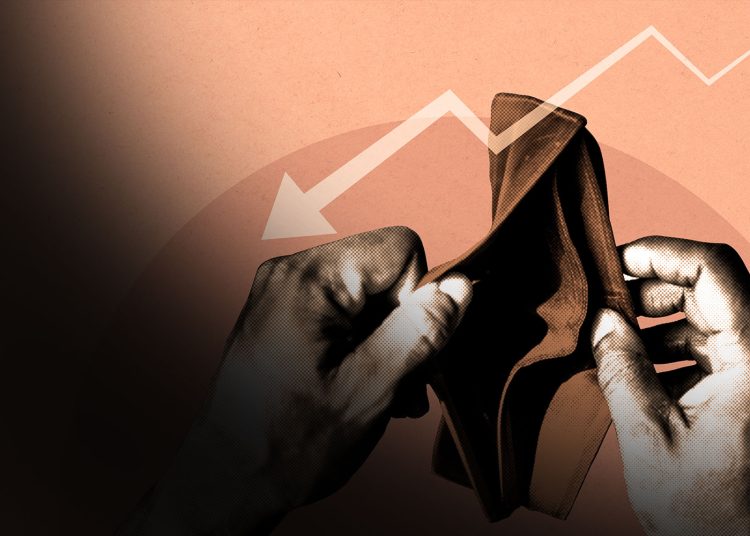Filing for bankruptcy can be an incredibly daunting task when faced with mounting debt. At the same time, many people are aware of how to file for bankruptcy on credit card or mortgage payments. But can you file for bankruptcy on personal loans? In this blog post, we’re going to provide a comprehensive overview of everything you need to know about filing for bankruptcy on personal loan debts – from the steps involved and the types of loans it applies to, all the way through to which individuals qualify and the potential risks associated with taking such action. Let’s get started!
Personal loans are a popular way for people to borrow money to meet their financial needs. Whether it is to pay off credit card debt, finance a home renovation, or cover an unexpected expense, personal loans can be a convenient solution. However, there may be times when a borrower is unable to repay their personal loan and is facing financial hardship. In such cases, filing for bankruptcy may be a viable option. In this article, we will explore whether it is possible to file for bankruptcy on personal loans.
Can You File for Bankruptcy on Personal Loans?
Do you have pressing questions such as, “Can you file for bankruptcy on personal loans?” The answer is a resounding yes – it is achievable! Since most of these types of loans are unsecured debts that are not backed by security, like a house or vehicle, they can be erased in Chapter 7 bankruptcies. This means legally, the amount owed no longer has to be paid back. Despite the ability to discharge certain debts through bankruptcy, it is essential to remember that not every debt can be eliminated. There are multiple criteria one must meet to qualify for this process, and filing for bankruptcy will inevitably negatively affect your credit score and future financial security. Thus, you should thoroughly investigate all of your alternatives before making any final decisions and seek professional assistance if necessary.

How to File for Bankruptcy on Personal Loans?
Personal loans can be included in a bankruptcy filing in most cases. Filing for bankruptcy can be a complex and time-consuming process, and it is important to consult with a bankruptcy attorney to determine the best course of action. While filing for bankruptcy can provide relief from debt, it is important to weigh the pros and cons and to understand the potential impact on credit and future financial opportunities.
Before filing for bankruptcy on personal loans, reviewing your financial state and considering the probable outcomes is essential. After doing so, you should complete a credit counseling course and officially submit a bankruptcy petition. Then you must attend a creditors’ meeting and finish up with another financial management program if the case succeeds in discharging your debts. Nonetheless, as declaring bankruptcy can have significant effects on one’s a credit score and future fiscal life, all alternatives ought to be deliberated upon carefully before arriving at any conclusion – always seek professional advice!
You may be interested in:
- Becoming A Mental Coach For Traders: How To Do So?
- Dollar Falls to Black Market in Lebanon as Foreign Currency Reserves Erode
- USD Coin (USDC) Value Drops as Circle Internet Financial Suffers Losses from Silicon Valley Bank Collapse











